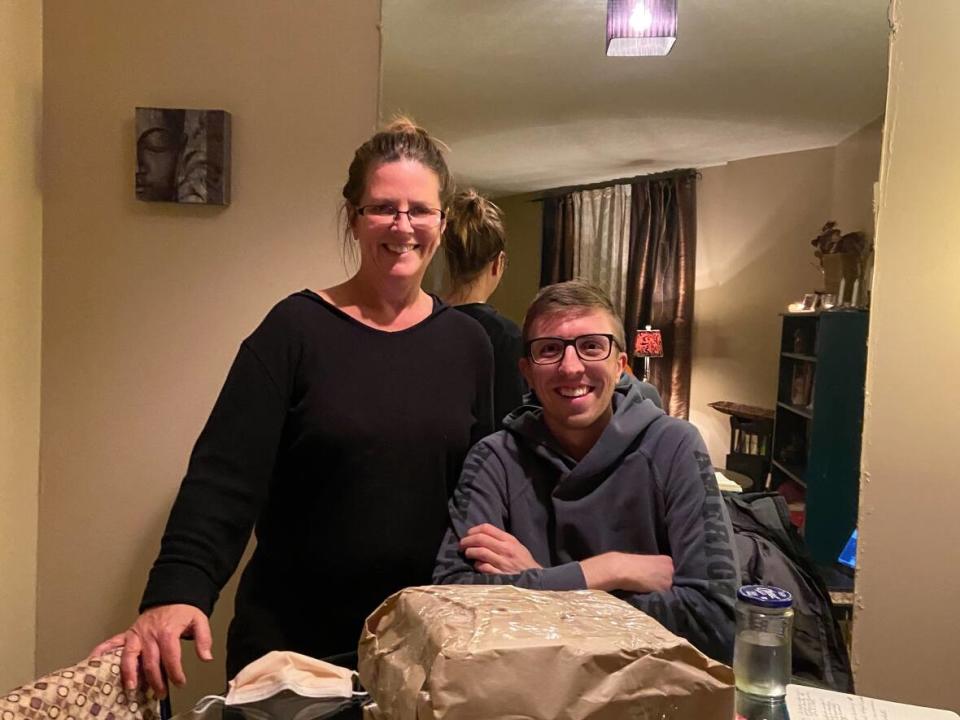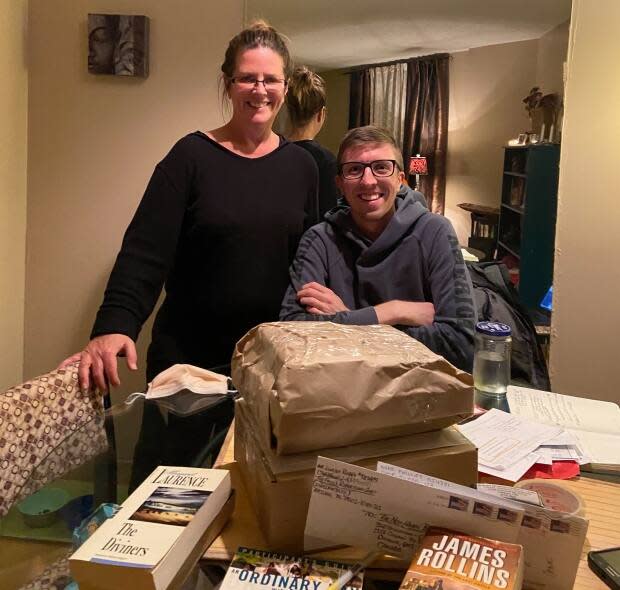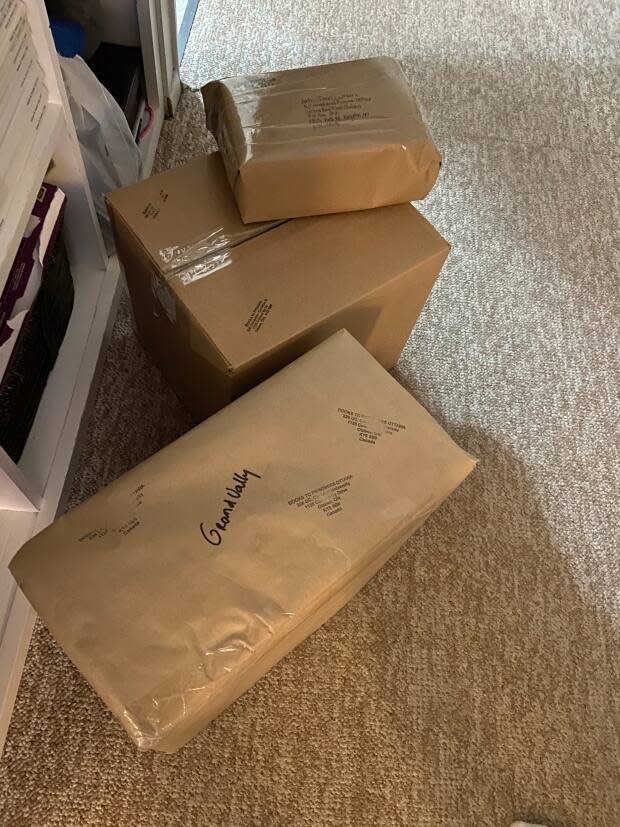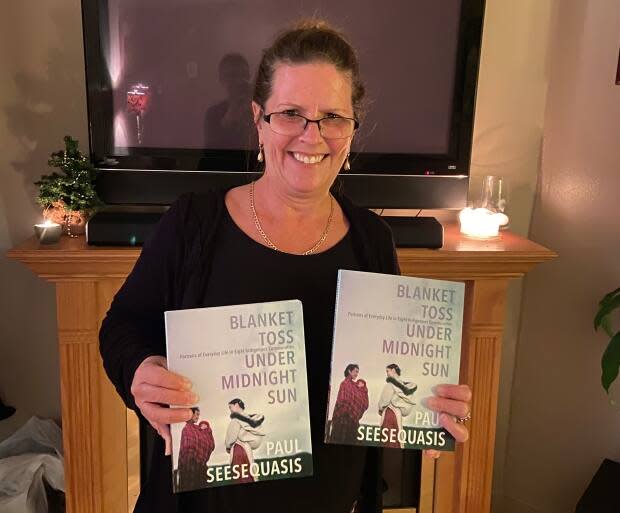How a local charity helps inmates in Canada and the U.S., one book at a time


For nearly two decades, Books 2 Prisoners Ottawa has sent free books to incarcerated people across Canada and their impact has reached the U.S.
The initiative began in 2003 out of the Ontario Public Interest Research Group at Carleton University with students collecting book donations and mailing them out to correctional facilities.
According to Jeffrey Bradley, a PhD student in legal studies at Carleton, who also co-chairs the group, it works like a penpal system.
"They send us a letter and basically they'll have a description of what types of books they like," Bradley told CBC Radio's Ottawa Morning.
"From there, we will look into our library or book supply and see how we can best match that request and then we will send it out to them and we also usually respond back with a letter," he said.
Bradley said he wanted to get involved because he "thought that this would be a very tangible way to be able to support people that are incarcerated and help them meet their objectives to eventually be reintegrated back into society."
U.S. inmates can have more books
The challenge arises when it comes to figuring out different policies and restrictions around book programs at different institutions.
Bradley said restrictions in the U.S. are looser, with some institutions allowing prisoners to receive two books per month, which is how they are able to send books to inmates in California and Texas.
It wasn't until last fall, however, that the group was able to get books to the Ottawa-Carleton Detention Centre.
While Bradley says the organization did drop off boxes of books at the Ottawa jail when they started out, factors like staff changeover made it harder for them to keep going. When he joined the group two years ago, the goal was to re-establish the relationship between Books 2 Prisoners and the jail.

"One of our volunteers was ... a retired probation officer and he had kind of helped me connect and the group connect with the librarian at the Ottawa-Carleton Detention Centre," he explained.
Now, after having gone through the proper approvals, the librarian emails the group with requests for different types of books, which volunteers then drop off in the security area of the detention centre.
Books 2 Prisoners helped inmate learn to read
Jane Crosby, who also co-chairs the group, said the most common book requests from inmates include dictionaries, nutrition books, and a variety of fiction genres such as romance and mystery.
Crosby, who has been with the group for 10 years, says she can see the impact of the book donations.
"What really caught me was that people were waiting for my mail," she said.
Growing up as the daughter of a chaplain at the Springhill Penitentiary in Nova Scotia, she said she understands how important it is for inmates to connect with someone on the outside.
"When I joined ... there were people that were writing [to us] like every month. So you got to know the people because they got really personal with you through letters ... they would write to people specifically saying how they appreciated our books."
Curtis Copeland was a prisoner in Texas who used Books 2 Prisoners for years. Crosby said she remembers getting letters from Copeland over the years and she noticed the change in his tone.
"I really enjoyed [the books]. They kept me from losing my mind. I learned how to read and educate myself," he said.
"I know prisoners who don't have anything to read. They have no money or family to buy them anything. So these organizations are a great blessing and a great help to all the prisoners across the world."

In California, Crosby says there's an old man who they've been sending books to "forever."
"He's blind. He's in a wheelchair. He's like 80 years old ... so I always make sure that he gets books," she said.
Four years ago, Crosby started sending inmates Christmas cards along with the books.
"The letters we got back were always, 'Oh, that's the only Christmas card I got,' and 'thank you so much for remembering me,'" she said.
"The personal connection to me is what really is important when you're serving your time."

 Yahoo Finance
Yahoo Finance 